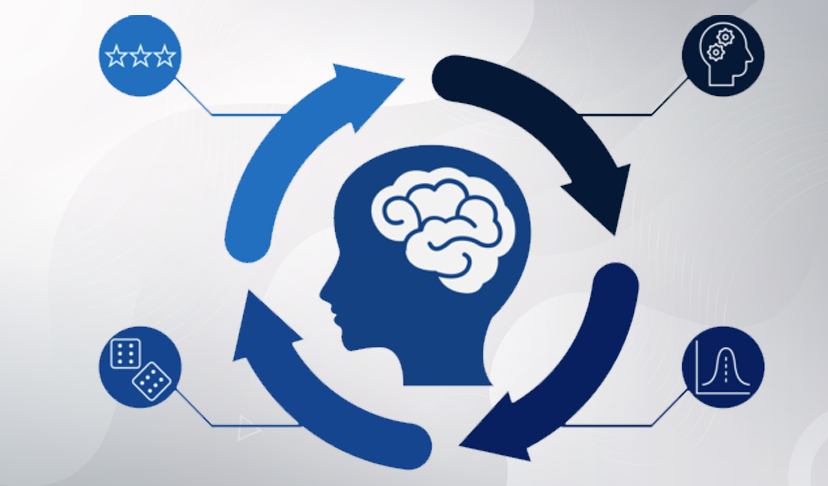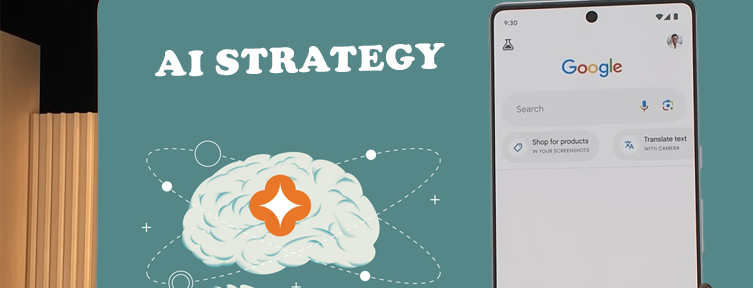How Google is improving search with Generative AI

The continuous evolution of technology has drastically altered how we access and consume information. With search engines playing an integral role in this digital information ecosystem, companies like Google constantly seek innovative ways to refine their platforms. How Google is improving search with Generative AI Among the many technological advancements, generative AI emerges as a key player in shaping the future of online search. This blog delves deep into how Google is leveraging the capabilities of generative AI to enhance its search engine.
Understanding Generative AI
Before we jump into its application, let’s demystify what generative AI means. At its core, generative AI involves training models on vast amounts of data, enabling them to generate new content that’s similar but not identical to the input. This means that, given certain parameters, these models can produce entirely new information, be it text, images, music, or even complex data patterns.
Google’s Venture into Generative AI
While generative AI’s potential spans a multitude of industries, Google, being a tech giant, has naturally been at the forefront of its adoption. Over the years, they’ve integrated various AI-driven functionalities into their products, including search. Here’s how Google is utilizing generative AI to enhance its search capabilities:
1. Advanced Query Understanding
Traditional search engines rely on keyword matching to deliver results. However, with the aid of generative AI, Google can understand the context behind a query. This involves interpreting nuances, dialectal differences, and even user intent to present more relevant search results.
2. Enhanced Predictive Search
Google’s autocomplete feature, which suggests search queries as users type, is another candidate for generative AI enhancement. Instead of merely basing suggestions on popular searches, generative models can create contextually relevant and nuanced suggestions, making the search process more intuitive.
3. Generating Rich Content Snippets
Generative AI can assist in creating more informative and contextually apt content snippets (the brief descriptions accompanying search results). By understanding the essence of a webpage, these models can craft summaries that provide users with a clearer idea of the content’s relevance to their search.
4. Visual Content Recognition and Search
Google Images is continuously improving, and generative AI plays a part. Beyond just matching image patterns, AI models can generate meta-descriptions for images, enhancing search results’ accuracy and relevance.
5. Personalized Search Experience
By analyzing a user’s search behavior and preferences, generative AI can help craft a highly personalized search experience. This might mean offering unique query suggestions, organizing search results differently, or even generating personalized content.
The Ethical Considerations
With great power comes great responsibility. As Google delves deeper into the realm of generative AI, concerns regarding privacy, misinformation, and bias naturally arise:
- Data Privacy: As AI models become more sophisticated, they require vast amounts of data for training, leading to concerns about user data privacy.
- Potential for Misinformation: There’s a risk that generative AI could be used to fabricate convincing but entirely fictitious content, leading to potential misinformation challenges.
- Bias in AI: If not carefully managed and regularly audited, AI models can inherit biases present in their training data, potentially skewing search results in an unintended way.
Recognizing these challenges, Google has been active in promoting transparent and ethical AI use, ensuring that their generative models adhere to stringent guidelines and are continually refined to reduce biases and inaccuracies.
Conclusion: The Future of Search with Generative AI
The integration of generative AI into Google’s search engine signifies a monumental shift in how we access and engage with digital information. Beyond just providing answers, the search engine of the future, powered by generative AI, might actively assist users in generating new ideas, insights, and content.
While we stand at the cusp of this transformative era, it’s crucial to navigate it responsibly, balancing innovation with ethics. How Google is improving search with Generative AI Google’s venture into generative AI offers a promising glimpse into a future where search engines understand and serve users in more profound, nuanced ways, marking a new chapter in the evolution of digital information access.
With the pace of technological advancement, one can only imagine the myriad ways in which generative AI will reshape our digital landscapes. As users, developers, and digital enthusiasts, we’re in for an exciting journey, watching, and participating in this transformation.



